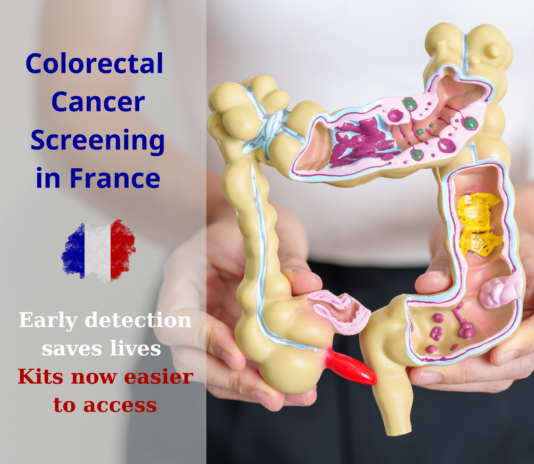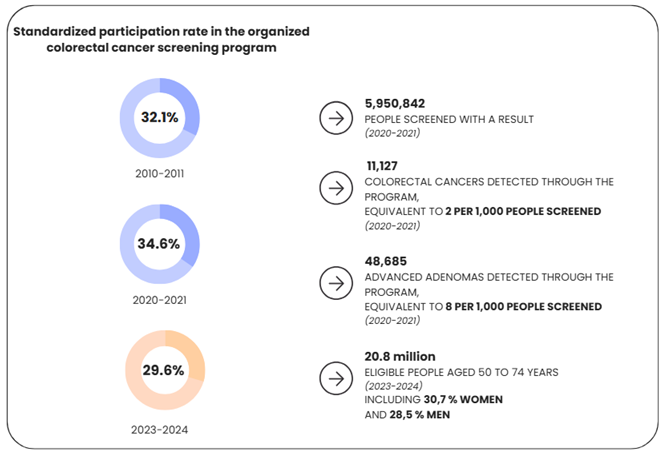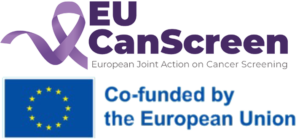Organized Colorectal Cancer Screening Program
Trends, Access, and Innovations

Colorectal Cancer Screening Program
Launched in 2010, the French National Organized Colorectal Cancer Screening Program aims to reduce mortality from colorectal cancer through early detection and timely treatment of precancerous lesions.
The participation rate was of 32.1% during the 2010-2011 period, and 29.6% in 2023-2024, a rate that remains below the European benchmark for acceptable coverage, set at 45%.

Target Population and Screening Process
The program targets women and men aged 50 to 74 years, every two years, provided they have no symptoms, no personal or family history of polyps, colorectal cancer, or related diseases, and no specific risk factors.
The organized screening process consists of two steps:
- – An immunological test for occult blood in the stool, offered to all eligible individuals.
- – A colonoscopy, recommended for individuals with a positive test result.
Access to Screening Kits
Screening kits are now available through multiple channels:
- – General practitioners, gynecologists, or gastroenterologists, with or without a formal invitation.
- – Pharmacies, also accessible with or without an invitation.
- – Online ordering via the dedicated platform monkit.depistage-colorectal.fr, using an access code provided in the invitation letter.
Alternative ways of providing the kits are also being evaluated to encourage greater participation in the screening program.
The Aller-vers outreach initiatives
Since January 2024, the National Health Insurance (Assurance Maladie) has implemented the “Aller Vers” initiative to improve access to screening, particularly for the most vulnerable populations. Key features of the initiative include:
- – Recruitment and specialized training of over 100 tele-advisors across seven call platforms.
- – Proactive phone interviews conducted with individuals identified as at-risk or under-screened, to guide them toward a healthcare provider or assist them in obtaining a screening kit.
- – During these calls, tele-advisors identify barriers to participation and refer individuals to personalized support pathways if needed.
Information on reasons for non-participation is also collected to help adapt public awareness campaigns and refine policy interventions.
Other outreach initiatives are currently being tested and implemented.
#EuCanScreen #CancerScreening #HealthCare #CancerPrevention #LungCancer #BreastCancer
Subscribe to our newsletter to get news and updates.
Subscribe to our newsletter to get news and updates.

The general objective of EUCanScreen is to assure sustainable implementation of high-quality screening for breast, cervical and colorectal cancers, as well as implementation of the recently recommended screening programs – for lung, prostate and gastric cancers. EUCanScreen will facilitate the reduction of cancer burden and achieving equity across the EU.
This project has received funding from the European Union’s EU4HEALTH Programme under the Grant Agreement no 101162959










